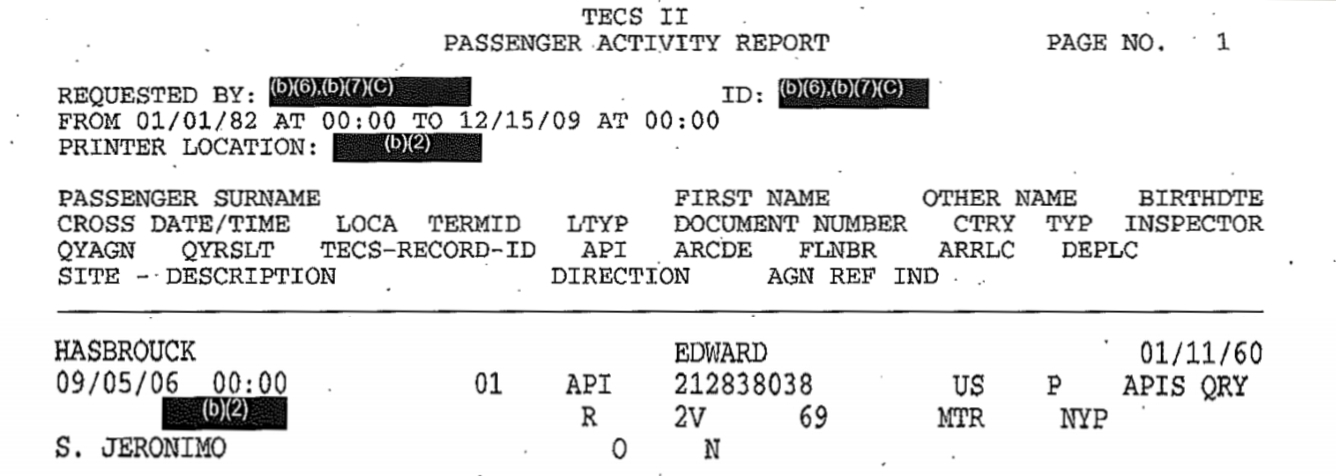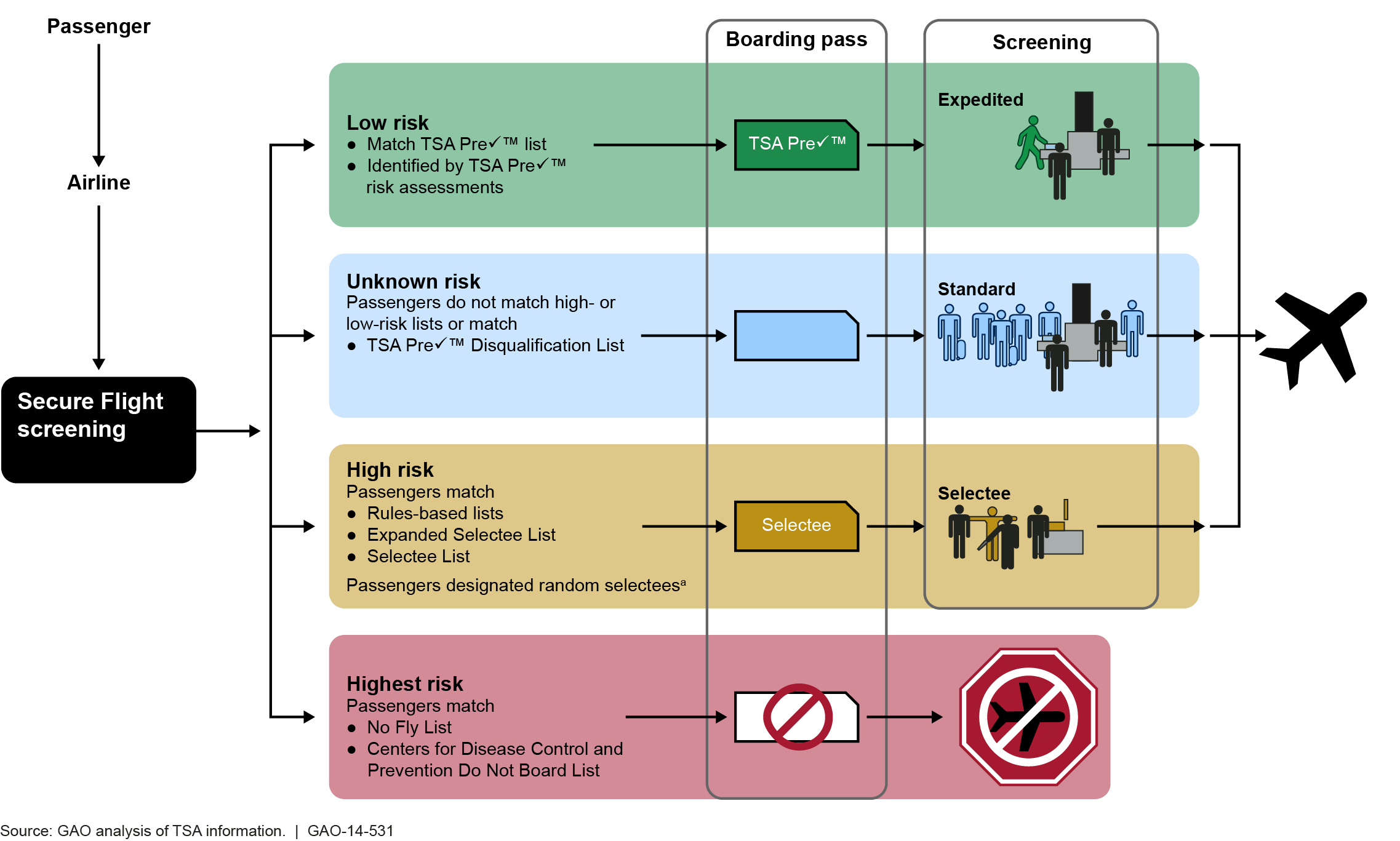Judge insists on right to review “no-fly” order
Four years after the US government put Gulet Mohamed on its “no-fly” list, Mr. Mohamed is still waiting for his day in court. But he hasn’t given up, and he’s getting slowly closer to the first judicial review of the merits of a no-fly order.
Here’s some quick background and then an update on his recent legal travails:
Mr. Mohamed, a US citizen of Somali ancestry, was 18 years old and visiting family members in Kuwait when the US put him on the no-fly list. When his visa expired, he ended up in a Kuwaiti immigration prison, where between sessions of torture he was interrogated by FBI agents who told him (as they have told other US citizens on the US no-fly list) that he would be allowed to go home to the US only if he became an FBI informer.
Eventually Mr. Mohamed was able to contact his family in Virginia, and they found him a lawyer from the Council on American-Islamic Relations. Faced with an order from U.S. District Court Judge Anthony Trenga to show cause why the court shouldn’t issue an injunction prohibiting the government from interfering with Mr. Mohamed’s right to return to the US, the government let him fly back to the US, and then tried to get the court to dismiss his complaint as “moot”. But that initial attempt to get Mr. Mohamed’s case thrown out of court was unsuccessful, as were a series of motions and appeals by the government during the last four years on the grounds of standing, jurisdiction, and “state secrets”.
(The portion of the court docket freely available through PACER is here, and our previous reports on the case are here. The most thorough coverage of recent legal developments has been by Steven Aftergood of the Federation of American Scientists’ Project on Government Secrecy.)
The last time we reported on Mohamed v. Holder, in September of this year, the government was still trying to persuade Judge Trenga to reverse his prior rulings and dismiss Mr. Mohamed’s case on the ground’s that, “There is no fundamental right to international travel.” The government was also asking Judge Trenga to reconsider his order that the government must allow him to review the allegedly secret evidence in camera before he decides whether it is, in fact, properly designated as “state secrets” and if so, whether he can decide the case without relying on any legitimately “secret” evidence.
In October, the government handed over the allegedly “secret” evidence to Judge Trenga (but not to Mr. Mohamed or his lawyers), while continuing to argue that it shouldn’t be required to do so. After in camera review of the allegedly secret documents, Judge Trenga ruled that the case could go forward without the need to decide whether they were actually state secrets: “None of the documents are so related to plaintiff’s procedural due process claims as to prevent either the plaintiff or the defendant from presenting or defending against those claims without the use of any of these documents…. The state secrets privilege is a judicially created rule of evidence, not a doctrine of sovereign immunity or non-justiciability.”
Faced with the imminent prospect of a decision on the merits of Mr. Mohamed’s claim that he was denied due process of law when the government secretly ordered airlines not to transport him, the government asked for a “do-over”: a three-month postponement of the court case and a “remand” to the FBI to give the government time to develop a revised set of extrajudicial administrative “no-fly” decision-making procedures, and to subject Mr. Mohamed to this “kangaroo court version 2.0.” This is essentially the same request that the government has made in another no-fly case, Latif v. Holder, in which U.S. District Judge Anna Brown has already found that the plaintiffs’ rights were violated.
According to Mr. Mohamed’s response, the government’s request for a do-over is, in effect, yet another attack on the authority of the court to order redress for violations of the Constitution by Federal agencies:
Defendants’ assertion that “the only appropriate result” of a ruling in Plaintiffs’ favor on their substantive claims would be a remand order to “apply new procedures in reaching a new substantive decision,” … misconstrues the nature of Plaintiffs’ claims and implies that the only remedy for a substantive due process violation is further agency proceedings. That is not the case. If, as Plaintiffs’ request, the Court finds that Defendants violated Plaintiffs’ substantive due process rights by placing them on the No Fly List, the Court plainly has the authority to order Plaintiffs to be removed from the List.
On November 20th, Judge Trenga denied the government’s motion for postponement and “remand”. That leaves Mr. Mohamed’s claims that his rights were violated on schedule for briefing, argument, and decision on their merits by Judge Trenga.
We look forward to seeing Mr. Mohamed finally, after four years of government obstruction and foot-dragging, receive his day in court, perhaps some time in early 2015.

